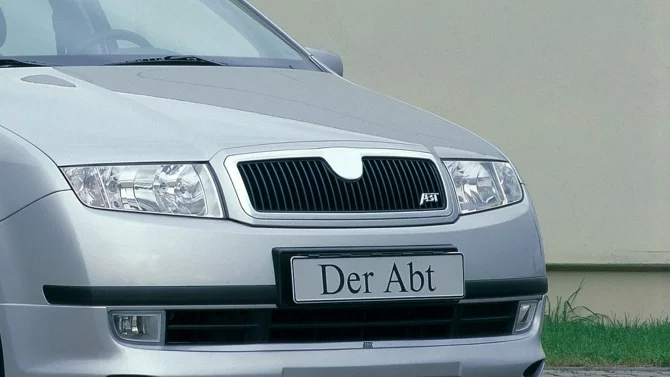...
BRUSSELS, June 24 (Reuters) - The European Union breathed a sigh of relief over the weekend after the bloc's leaders agreed on a way to reform its institutions, but critics from Britain to the Netherlands called for referendums that could derail a deal.
Leaders agreed early on Saturday to negotiate a reform treaty for the 27-nation union by the end of this year, to be ratified by mid-2009, replacing the EU constitution rejected in 2005 by French and Dutch voters.
It would create a long-term EU president, a more powerful foreign policy representative, and a streamlined decision-making procedure designed to ease governance as the club gets larger.
"It fills me with relief and bodes well for the future that the European Council after difficult haggling finally reached a successful agreement on the foundations of a treaty," said Kurt Beck, chairman of Germany's Social Democrats, coalition partner to Chancellor Angela Merkel, who brokered the deal.
But opponents in several countries were less glowing and called for citizens to have a chance to turn it down.
"Large parts of the EU Constitution are repackaged but back," said William Hague, shadow foreign secretary in Britain's Conservative party. "The Government have absolutely no democratic mandate to introduce these major changes without letting the British people have the final decision in a referendum."
Incoming Prime Minister Gordon Brown, however, said he was unlikely to call a referendum after his outgoing predecessor Tony Blair succeeded in defending Britain's interests.
"I think people, when they look at the small print, will see that we did what we set out to do, and that was to make sure that in these areas we were properly protected," Brown told BBC television in an interview aired on Sunday.
Britain obtained exceptions from an EU Charter of Fundamental Rights and from majority decisions on justice and police cooperation, and forced the EU to strip its future foreign policy chief of the title "foreign minister".
PUSH FOR A VOTE
Poland failed to win the abandonment of a reformed voting system that gives big counties more weight, but it did manage to postpone full implementation until 2017 and obtained a mechanism enabling small groups of dissident countries to delay decisions.
In the Netherlands, Harry van Bommel of the Socialist Party (SP) said his party, which saw a big increase in support in last November's election partly as a result of its opposition to the original EU charter, would push for another referendum in 2008.
"We will be campaigning for a referendum and will recommend that people vote against it," he told Reuters, calling the new treaty "a constitution in drag".
But Dutch media said a vote was not necessary.
"No one can seriously maintain that on the basis of these EU talks a superstate will emerge, in which our country plays a subordinate role," best-selling daily De Telegraaf wrote. "That is why it is not necessary to put the new deal to another referendum."
A poll conducted in Denmark found 70 percent of Danes wanted the new treaty to be put to a referendum.
Francois Hollande, head of France's Socialist party, said the deal fell short both for those who had ratified the treaty and those who opposed it.
"For all Europeans, whether they voted 'yes' or 'no' what has happened does not meet their expectations," he said.
Italian Prime Minister Romano Prodi, a former president of the European Commission, welcomed the treaty but lamented the lack of a European spirit that the constitution embodied.
"This treaty furnishes Europe with the instruments that until now were missing," he said. "But there is no longer the shared spirit for going ahead." (Additional reporting by Peter Graff in London, Alexandra Hudson in Amsterdam, Deepa Babington in Rome, Astrid Wendlant in Paris, Louis Charbonneau in Berlin)
Keywords: EU TREATY/REACTION




 „Elektrická mobilita je budoucnost, o tom není pochyb. Každý, kdo tvrdí opak, poškozuje náš průmysl.“ A proto přijdou plošné evropské dotace
„Elektrická mobilita je budoucnost, o tom není pochyb. Každý, kdo tvrdí opak, poškozuje náš průmysl.“ A proto přijdou plošné evropské dotace
 Našli jsme deset absolutně neznámých automobilů současnosti. Dokážete uhodnout alespoň polovinu?
Našli jsme deset absolutně neznámých automobilů současnosti. Dokážete uhodnout alespoň polovinu?
 Dvě i čtyři doby, tři a čtyři válce: Saab 96 se stal vozem pro individualisty, a to i v Československu
Dvě i čtyři doby, tři a čtyři válce: Saab 96 se stal vozem pro individualisty, a to i v Československu
 Elektromobil jako ojetinu nikdo nechce. Velký český autobazar skončil s jejich nákupem i prodejem
Elektromobil jako ojetinu nikdo nechce. Velký český autobazar skončil s jejich nákupem i prodejem
 Youtubeři zkoušeli, jestli nastartují Tatru 138 odstavenou osmnáct let. Výsledek nikoho nepřekvapí
Youtubeři zkoušeli, jestli nastartují Tatru 138 odstavenou osmnáct let. Výsledek nikoho nepřekvapí
